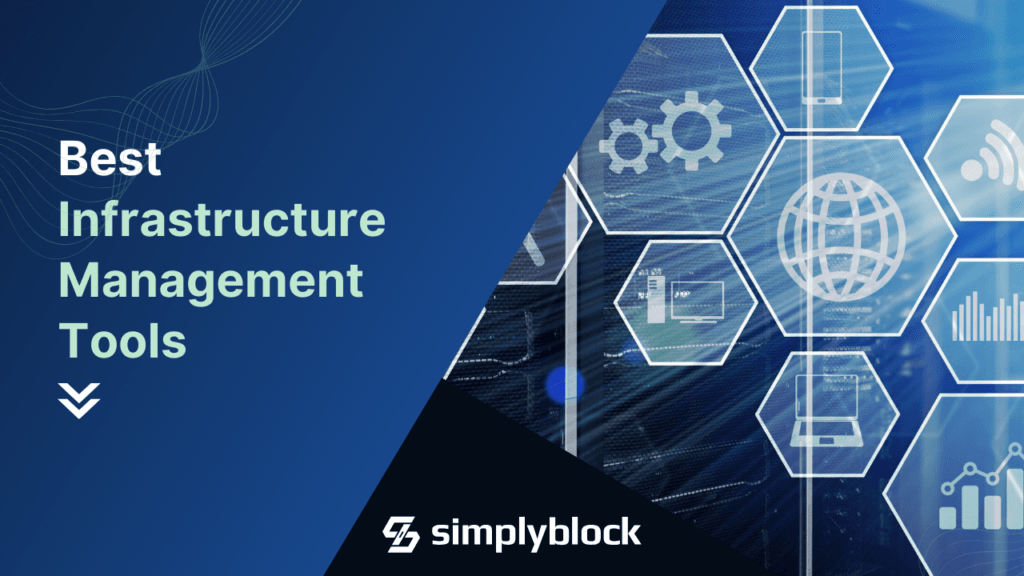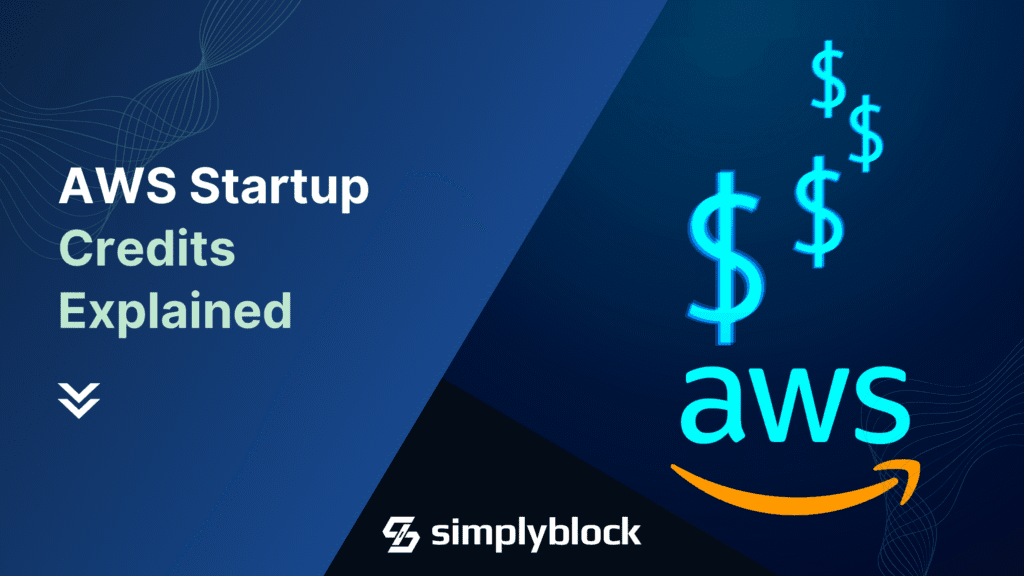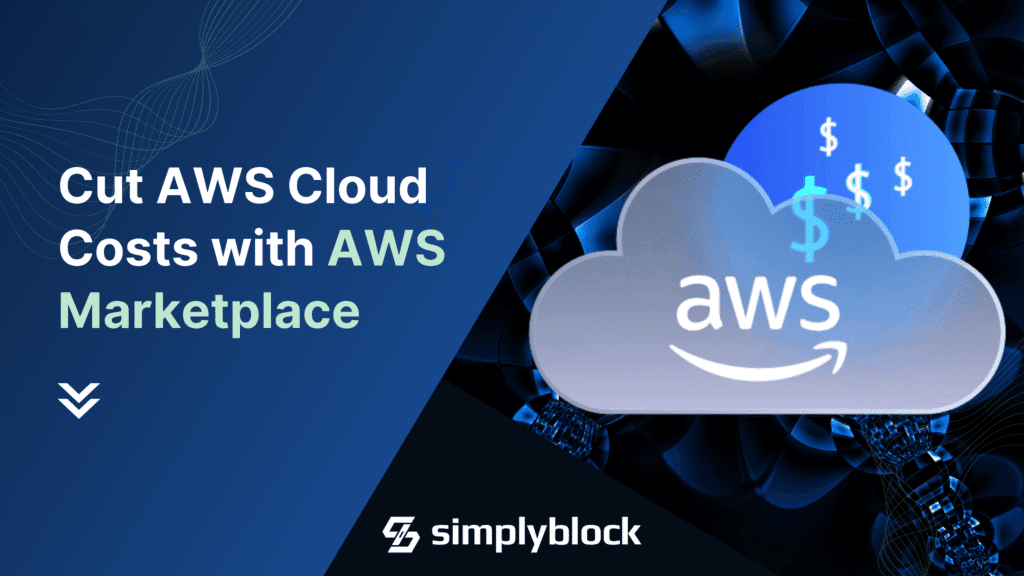
Introduction:
In this episode of Cloud Frontier, Rob Pankow interviews Elias Schneider, founder of Codesphere, about his journey and the evolution of developer platforms at scale. With a background at Google, Elias brings deep expertise in cloud-native development processes. They discuss the challenges of building large-scale developer platforms and why enterprise customers are crucial for scaling such solutions
This interview is part of the simplyblock Cloud Frontier Podcast, available on Youtube, Spotify, iTunes/Apple Podcasts, and our show site.
Key Takeaways
Q: What are the current trends in cloud migration and infrastructure management?
One major trend is the shift back to on-premise infrastructure from the cloud, driven by rising cloud costs and increased control requirements. Many enterprises are adopting a hybrid approach, keeping some workloads on-prem while utilizing cloud services for scaling and fluctuating demands. This allows businesses to balance cost and performance while managing regulatory concerns.
Q: Why is it important to use managed services in cloud environments?
Managed services in cloud environments allow companies to offload the complexity of infrastructure management. This includes automatic updates, monitoring, and scaling, which reduces the need for dedicated personnel and ensures the infrastructure runs efficiently. Without managed services, companies face increased operational overhead and risk of downtime.
In addition to highlighting the key takeaways, it’s essential to provide context that enriches the listener’s understanding of the episode. By offering this added layer of information, we ensure that when you tune in, you’ll have a clearer grasp of the nuances behind the discussion. This approach helps shed light on the reasoning and perspective behind the thoughtful questions posed by our host, Rob Pankow. Ultimately, this allows for a more immersive and insightful listening experience.
Key Learnings
Q: What are the benefits of developers managing their own cloud environments?
Allowing developers to manage their own cloud environments enables faster iterations and more autonomy. It eliminates the need for constant back-and-forth with DevOps teams, which can slow down development. Developers can directly deploy, test, and scale applications, which leads to more agile development cycles.
Simplyblock Insight: When developers have control over their own environments, the development cycle speeds up significantly. Simplyblock’s orchestration tools simplify the deployment and management process, enabling developers to maintain performance and scalability while reducing the overhead typically associated with infrastructure management.
Q: What are the main challenges companies face with cloud scalability?
One major challenge with cloud scalability is managing the complexity of infrastructure as the number of services and applications grows. Many companies struggle with orchestrating resources efficiently, leading to cost overruns and increased downtime. Additionally, scaling globally while maintaining performance and compliance can be difficult without the right tools.
Simplyblock Insight: Ensuring optimal performance while scaling requires intelligent automation and resource orchestration. Simplyblock helps companies optimize storage and performance across distributed environments, automating resource allocation to reduce costs and prevent performance bottlenecks as businesses scale.
Q: What role does infrastructure sovereignty play in cloud adoption?
Infrastructure sovereignty refers to the ability of a company to maintain control over its infrastructure, especially when operating across public and private clouds. This is particularly important for enterprises facing regulatory constraints or data sovereignty laws that require specific handling of sensitive information.
Simplyblock Insight: With hybrid cloud setups becoming more common, maintaining control over where and how data is stored is crucial. Simplyblock offers solutions that allow businesses to manage data across multiple infrastructures, ensuring compliance with data regulations while optimizing performance and cost-efficiency.
Additional Nugget of Information
Q: Why are hybrid cloud solutions becoming more popular?
As companies scale their cloud operations, hybrid cloud solutions are becoming increasingly popular. A hybrid approach allows businesses to combine the benefits of on-premise infrastructure with cloud services, offering more flexibility, better cost management, and the ability to meet regulatory requirements. This approach enables companies to maintain control over critical workloads while benefiting from the scalability of the cloud.
Conclusion
In this episode, Elias Schneider shares his journey from Google to founding Codesphere, emphasizing the importance of addressing the needs of large enterprises. Codesphere helps companies standardize their development processes, enabling faster deployments and reducing costs. As you think about your company’s cloud strategy, consider how platforms like Codesphere can offer scalability, sovereignty, and streamlined processes.
If you’re in the process of scaling your development or infrastructure, now is the time to explore solutions that empower your developers and improve operational efficiency. Whether you are considering hybrid cloud solutions or simply aiming to enhance your development workflows, the insights from this episode provide valuable guidance.
If you’re eager to learn more about founding early-stage cloud infrastructure startups, entrepreneurship, or taking visionary ideas to market, be sure to tune in to future episodes of the Cloud Frontier Podcast.
Stay updated with expert insights that can help shape the next generation of cloud infrastructure innovations!



